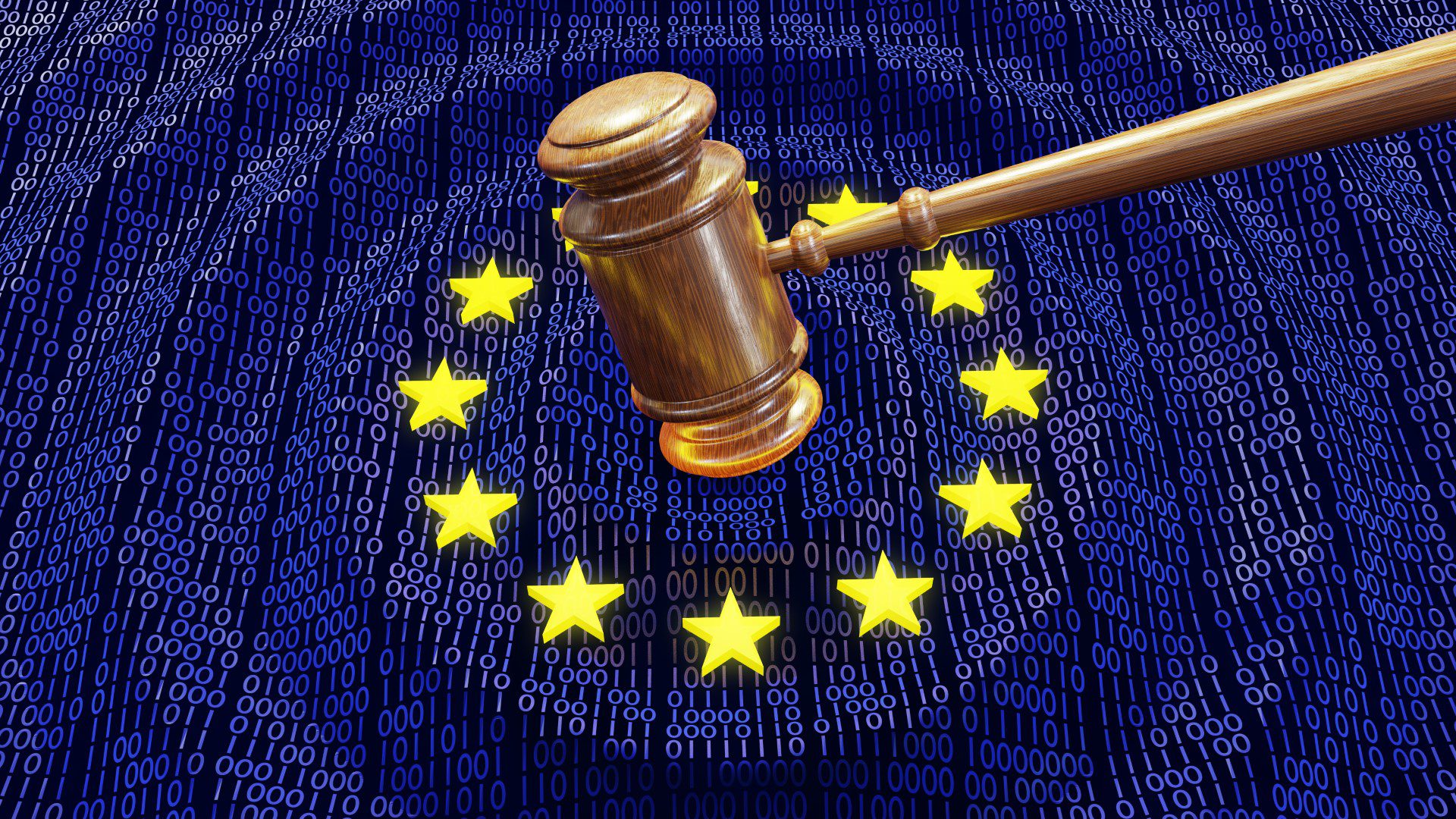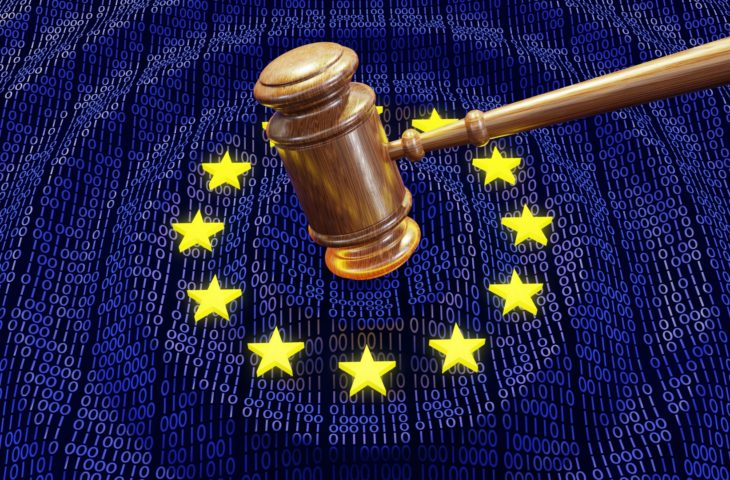The European Parliament is today dealing with the European AI law. Now that technology has long overtaken politics, the need for clear rules of the game is increasing. Will the law survive the political struggle unscathed?
Today the European Parliament meets for its daily session. For the technology sector, however, it will not be a session like any other. On the agenda is the AI law, a legal framework with which the European Commission wants to control the use of artificial intelligence. The text of the law is ready and it is now up to Parliament to give its approval.
AI law is a more relevant topic of conversation today than ever before. Microsoft and Google are fighting over who has the best AI. The technology seems to have endless uses. By setting clear rules, Europe wants to ensure that AI can only get into the hands of people with good intentions. A day before the vote, MEPs Brando Benifei (Italy, S&D) and Dragos Tudorache (Romania, Renew Europe) speak to the press to provide more information.
Back to the drawing board thanks to ChatGPT
Europe has been working on the AI law for some time, stresses Benifei. A first version of the legal text was already published on April 21, 2021. So why is the vote now? Since 2021, the development of AI has progressed so quickly that the legal text became obsolete within a very short time.
A chatbot called ChatGPT, which we no longer need to introduce, prompted Benifei and his colleagues to go back to the drawing board in late 2022. The AI law initially focused on artificial intelligence intended for very specific purposes. For example, Europe wanted to make the use of facial recognition to assign social scores illegal by law.
Thanks to ChatGPT and the subsequent hype surrounding generative AI, Benifei came to realize that the law must also account for AI being developed for “general purposes”. Because ChatGPT has multiple uses in mind, which also carries the risk of being misused for bad purposes. For example, security researchers have found that ChatGPT allows you to develop malicious code and create realistic-looking phishing emails. The AI law aims to hold companies behind the controls accountable to ensure their technology serves the people and democracy, Benifei said.
transparency
What exactly does the law entail? First, companies should have the risk of their systems assessed. A distinction is made between “low-risk” and “high-risk” systems, with the latter category of course being subject to much stricter rules. Where to draw the line between low and high risk has been a difficult debate, says Tudorache, and will likely continue to be debated after the law goes into effect.
An important part of the law is transparency. This obligation is imposed in a number of ways. For example, with chatbots like ChatGPT, a warning must be displayed that the output is generated by a machine and must therefore be evaluated critically. Manufacturers of deepfakes are also bound by this law. This is intended to stop the spread of fake news using AI. Again, the AI Act will work in tandem with the Digital Services Act.
But developers of AI systems must also be honest about how they developed the technology. “It’s still often unclear how companies get the data to train models,” says Tudorache. ChatGPT has been criticized by the Italian data protection authority for apparently knowing personal things about people (and sometimes making things up completely) without the user knowing how OpenAI obtained this information. For example, the European Commission wants to protect copyrighted works, from scientific articles to music tracks. Businesses don’t necessarily have to ask permission to use copyrighted work, but if authors are honest about it, they can charge for their work.
By setting clear boundaries to ensure safe use of AI, we want to make it clear that we as a society should not accept misuse of the technology.”
Dragus Tudorache, European Parliament, Renew Europe
Not against AI
Tudorache wants to make it clear that the AI Act is not intended to make life harder for tech companies, quite the opposite. “It was important for us to find the right balance between protecting citizens and promoting technology. By setting clear boundaries to ensure safe use of AI, we want to make it clear that we as a society should not accept misuse of the technology.”
According to Tudorache, there is also a demand from the technology industry for clear rules about what can and cannot be done with artificial intelligence. Exceptions are possible for R&D and open source technologies in order to dampen innovation as little as possible. The AI Law is a test piece for the elaboration of these rules. Tudorache and Benifei hope the law can serve as an inspiration for other countries.
Green light
The vote began at 9am this morning and will be in favor of the law, according to initial reports from Reuters on the ground. A relief for Benifei and Tudorache, although both gentlemen were full of confidence at the press conference. “Everyone recognizes the importance of clearer rules around AI,” said Tudorache.
“We are convinced that we have written a legal text that is flexible enough to adapt to new technological developments. The law will stand the test of time. Now is the perfect time to speed up the process,” concludes Benifei.
Parliament’s passage is not the last hurdle for the AI law. This is followed by negotiations with the Council. Only then can legislation be finalized and come into force.














